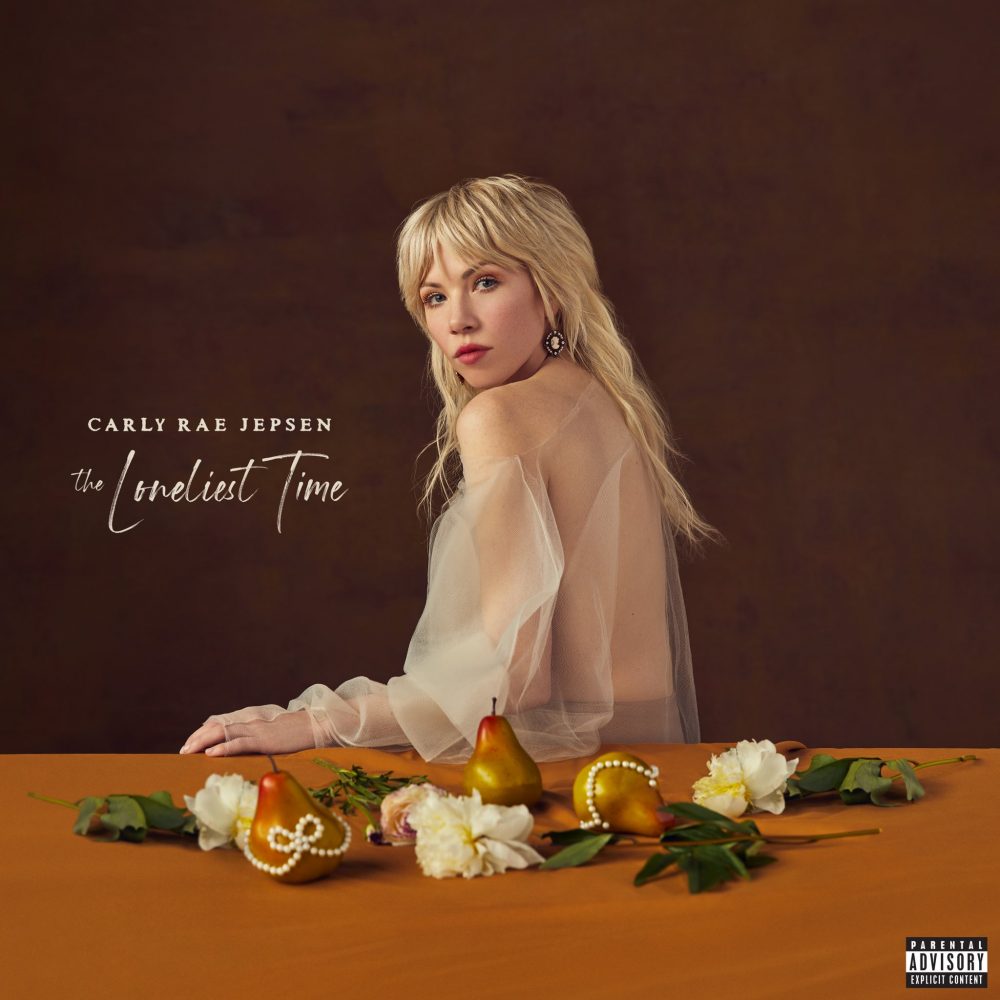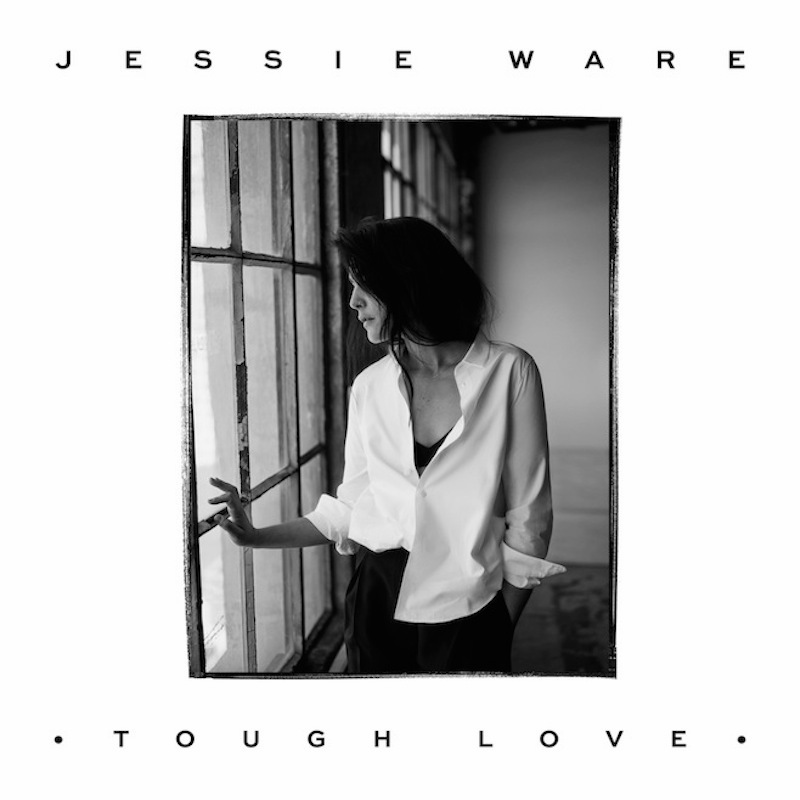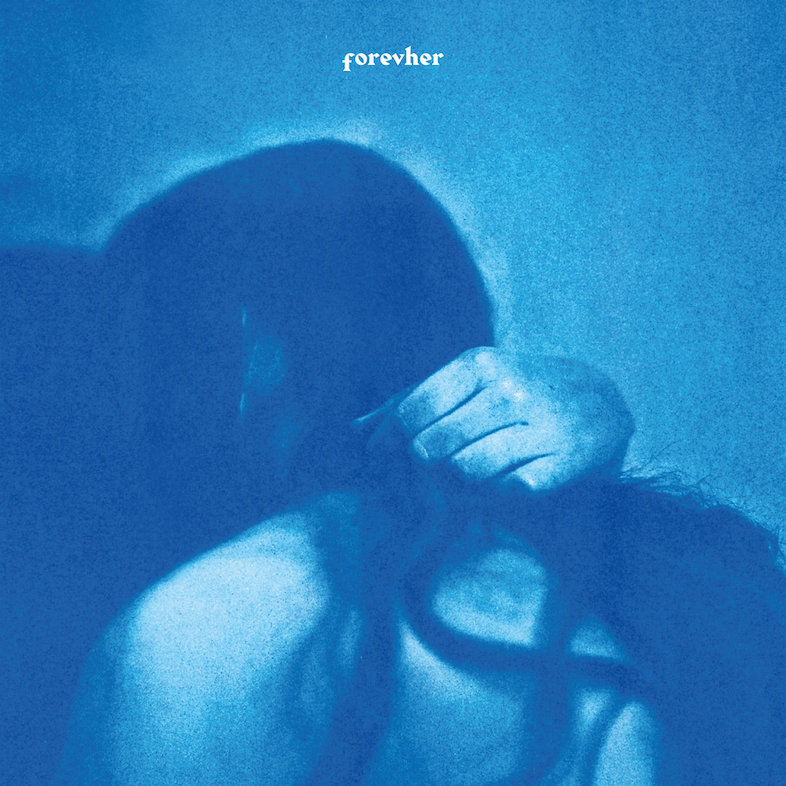Carly Rae Jepsen : The Loneliest Time

For those of us who had Carly Rae Jepsen burst into our consciousnesses as a viable recording act around the release of her landmark pop record Emotion, it’s easy to forget that she’s been making records for nearly 20 years now. At first, this seems somewhat irrelevant, especially when ascertaining the critical value of a new piece of music, but in the case of Carly Rae it performs a specific function. We see a body of critics, whether intentionally or not, judging her new material based seemingly on the restricted body of work constituting Emotion forward, ignoring even Kiss, the album that contained her still-epochal mega-hit “Call Me Maybe.” As a result, we see these strange contortions, people making claims that records such as Dedicated or even certain reviews of this one painting them as let-downs for failing to live up to some image or standard set by Emotion (which, to be fair, is still the superior album-length document from Carly Rae if you had to pick only one).
The problem here is that her stylistic verve has never really been penned down to the degree that the prevailing narrative would have you believe. Her debut independent EP Dear You lingers somewhere between folk and alt-country, driven by guitars both electric and acoustic, elements her major label debut Tug of War picked up. The particulars from there don’t matter so much, at least in this context; what matters is that she has always been a chameleon, at least in terms of her backing material, while the constant has more been her voice—as is proper, in a way, for a pop vocalist.
The Loneliest Time has been billed as her first recent record to not fix itself to a certain era of pop. Emotion was a clear love-letter to the ’80s while Dedicated lived largely in the ’90s. Well, it turns out that statement about The Loneliest Time isn’t quite 100 percent the truth. I’d heard during the meteoric rise of Carly Rae Jepsen in our circles some compare her unfavorably to Kylie Minogue, with some feeling that the acclaim lavished upon Jepsen was more deserving of that, to be fair, rightful monarch of pop music. It seems perhaps that Jepsen heard them too. There is a lot of Minogue on these tracks, from her particular approach to pop-driven house music that would later spawn Lady Gaga to her interpolation of funk and disco which would years later spur Madonna on to make one of her best records in Confessions on a Dance Floor. And, credit to Jepsen, she pulls it off well. She is nearly 40 and the image of wholesome Disney Channel-style bubblegum pop surely must grate on her if she ever thinks about it; there is a burgeoning sense of something adult here, if not necessarily either adult contemporary nor particularly steamy. A song like “Far Away” or the record-closing title track have a muted and mature sensibility that feels like a continued development toward something properly mature. She still struggles when it comes time for a line or delivery to be particular, well, sexy, but that’s hardly a sinking criticism.
Jepsen’s developing delivery, not to mention these more funk and R&B related instrumentals, calls to mind the first decade or so of Mariah Carey material as well. No one would dare pretend Jepsen has the same level of vocal fireworks as Carey, a singer who at her peak was one of the most gifted to ever touch a microphone, but for a new color of influence to fold in to one’s work, you could do far worse. There is a more natural vocal delivery here, the same kind we’ve been seeing develop in everyone from Lambchop to Snail Mail, where the affect of singing a song and concretely thinking about a vocal line gives way to more human and warm delivery. The more soft rock-driven here pairs well with the more up-tempo house material, providing a throughline of disco which appeared most prominently on Dedicated and was rightly developed here into a proper ordering schema. There is one notable track that falls on its face; “Beach House”, for instance, is a great number until that very iPhone commercial circa 2010 near-Maroon-5-style closing couplet on the hook. But beyond that, this is a pleasant set of tracks, if a different mood than perhaps the bangers-hungry horde may have craved.
The return of the guitar sensibilities of her earliest work also provides a strong sense of aesthetic unity to The Loneliest Time, affirming that she clearly doesn’t view Emotion as her “real” debut as some would have but is clearly equally as proud and still aesthetically interested in all of her material. It’s precisely this sense of mature comfort in her full body of work that makes tracks like “Bends” with its duh-of-course Radioheadisms feel so refreshing, the country of “Go Find Yourself or Whatever” so well-earned and the almost Beyonce-worthy “Shooting Star” (for real, she’d kill that song if she gave it a crack) make this feel like if not her best record then at least her fullest one. We can peg the era down a bit tighter than Jepsen seemed to want to; this is the ’70s, albeit a version of the ’70s accessed through figures like Bruno Mars’ recent superlative work in Silk Sonic or Thundercat’s elastic grooves rather than proper crate-digging.
You can’t pull the wool over my eyes any longer, Carly; you know you want to make an Odessa or Odessey and Oracle-style psych pop concept record rooted in ’60s styles and you know I want it to. There may be hubbub about ratings for this record not living up to some abstract standard. But the truth is, we don’t need Carly Rae Jepsen to reinvent the wheel. That’s not why we love her. Maybe other people have more elastically capable voices and others have more virtuosic instrumentalists backing them. (Granted Trevor Rabin cuts some killer guitar lines on this one.) What matters is Jepsen grasps the heart of things, the throbbing why of pop music. In that regard this record is, as expected, another success.
Label: Interscope
Year: 2022
Similar Albums:
Langdon Hickman is listening to progressive rock and death metal. He currently resides in Virginia with his partner and their two pets.




